Neuroscience of human decisions
Learning and transformation
Armed group operation and leadership
Neuroscience and creativity:
Collective Intelligence
The Brain Frontier and the Future of Human Communication
The Power of Words


Mariano Sigman is one of the most outstanding neuroscientists in the world, with over 150 publications in the most prestigious scientific journals. He is also passionate about experimentation and has worked with magicians, chess masters, musicians, athletes and visual artists to bring his knowledge of neuroscience to different aspects of human culture and apply it in different contexts. He has participated twice (2016 and 2017) in the TED global events in Vancouver, the second with Dan Ariely. In his conferences, he teaches how the mind works and what lessons we can learn about decision making, leadership, team management, personal development or creative skills, his presentations always with a high level of participation from the audience through experiments and games. He obtained his degree in Physics from the University of Buenos Aires, PhD in Neuroscience (PhD) in New York and did a post-Doctorate in Cognitive Sciences at the College de France (Paris). In 2016, he was awarded the Pio XI Medal, from the Pontifical Academy of Science, one of the most outstanding prizes of science (shared among others with Stephen Hawking, and several Nobel prize winners). Beyond academy, Mariano Sigman's research has had practical implications in Medicine (for example in the diagnosis of vegetative or autistic patients), in Education (with effective interventions to improve decision-making and learning in schools throughout Latin America) and in Art (in a project "The morphology of the look" that has been exhibited in New York, Austria, Moscow, Mexico, Japan... and was presented in 2017 at the Venice Biennale). He has also developed an extensive career in the proliferation of science that includes TV programmes and hundreds of articles published in different editorial media. He is also the author of the bestseller "The Secret Life of the Mind". KEYNOTE DESCRIPTIONS Neuroscience of human decisionsAt all levels of life, we make decisions that define us as individuals or as societies. Yet we rarely reflect on the process by which we make these decisions. Science has taught us that this path is full of idiosyncrasies, biases, errors, or distortions. Learning and transformationScience has taught us that, contrary to what intuition sometimes suggests, the brain does not stop changing and therefore we do not lose the ability to learn and transform ourselves. In fact, almost all of us feel that it is more difficult for an adult to change. But today we know that this is largely an illusion, and that in the right circumstances an adult has an extraordinary capacity to learn. In this conference we will understand why we generally perceive that as adults we have atrophied the capacity to learn and transform ourselves and how to reverse this from both an individual and corporate perspective. Armed group operation and leadership Leadership is one of the clearest examples where the social and the biological mix. We see it in all species, we see how it depends on hormones and other elements of physiology. And, of course, it depends on social, cultural, environmental factors. Leadership is also an extraordinary example of diversity. There is not one way to be a leader, there are many. But within this diversity there are regularities, common mechanisms in the gestural, the verbal, the prosodic, the corporal that are in the essence of human communication. Neuroscience and creativity: Creativity is to this day one of the most mysterious human virtues. It seems an elusive place for deliberate method, difficult to discover when and why it expresses itself most effectively or how it is taught or developed. It is even often difficult to define it. The aim of this talk is, from a constructive but at the same time critical and skeptical place, to understand. Collective intelligence In general, in complex problems, knowledge is distributed. In a group, each person has a partial knowledge. The question that motivates this talk is what is the best way to aggregate and take advantage of this knowledge: listen to all the voices, listen to the expert, discuss, debate? We will see in this talk from wisdom to the madness of the masses, problems where it is convenient to discuss and debate opinions and others where it is convenient to rely only on one voice. From simple mathematical principles that explain and demonstrate how to decide to understand the biases of how our decisions work and our way of sharing information to understand how to add the collective knowledge for a group or corporation to make the best decisions. The Brain Frontier and the Future of Human Communication In these years we are discovering how to decipher the code of the human brain, as was done in previous decades with genes. We can begin to read and write in the human brain, and this presents us with unprecedented technological and ethical prospects. The power of wordsOur minds are much more malleable than we think. Surprising as it may seem, we retain throughout our lives the same capacity to learn that we had when we were children. What we do lose over time is the motivation to learn, and so we build up beliefs about what we cannot be: the one who is convinced that math is not her thing, the one who feels she was not born for music, one who believes she cannot handle her anger, and another who cannot overcome fear. Demolishing these judgments is the starting point for improving anything, at any point in life. The same dynamic is replicated in the corporate world. A company or a team is built on narratives about what they can and cannot be. Impossible products or markets. Competitors in other leagues and unbeatable. Work habits that seem impossible to change. Science shows us conclusively that each of these things, both in the realm of life and the corporate world, is much simpler to change than we suppose. This is what this talk is about, identifying those barriers that we impose on ourselves, how to break them down, and how to get to places that might seem completely unthinkable, based on the concepts developed in the best-seller "The Power of Words" published in 2022.
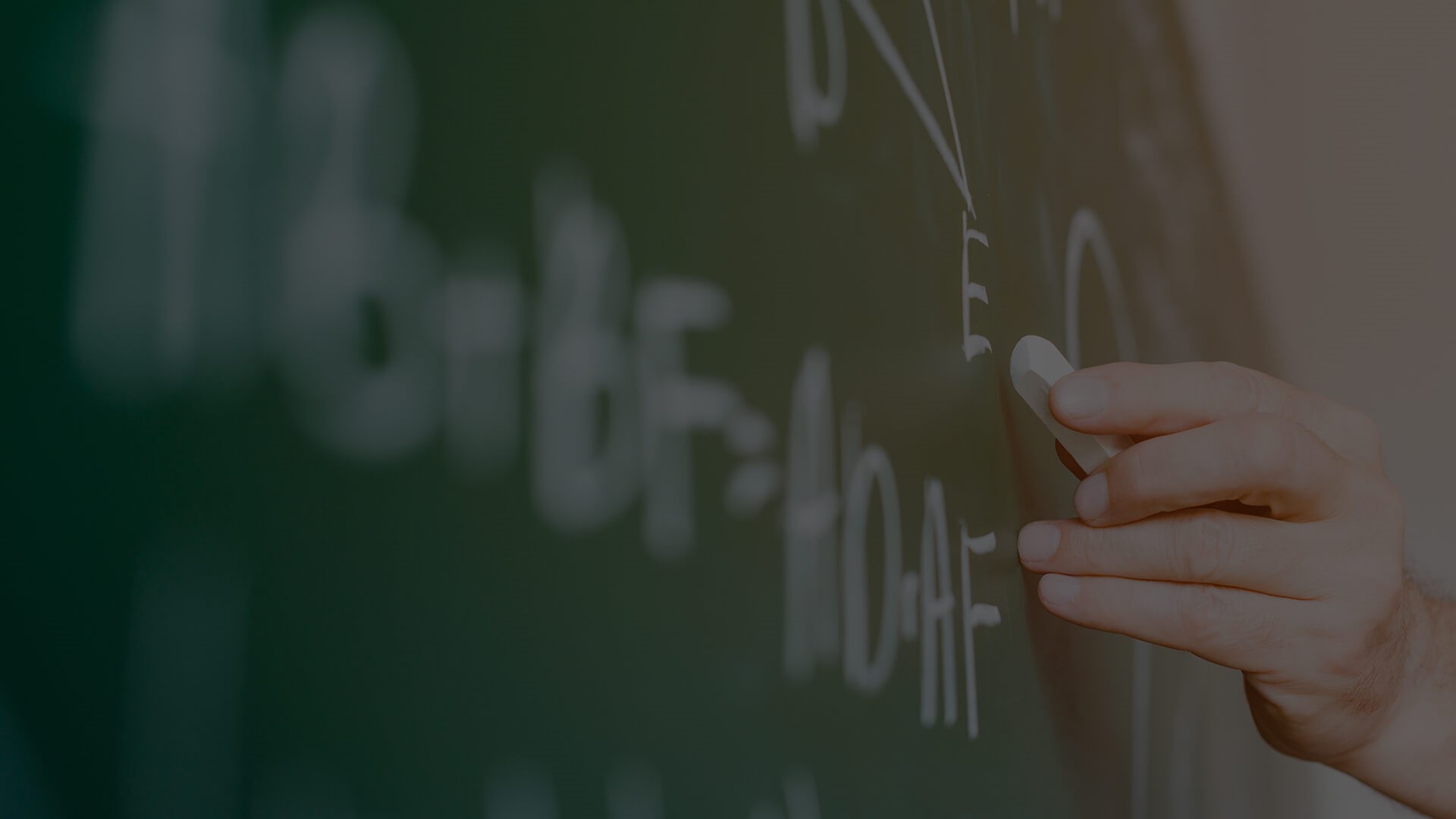 Future Trends Speakers
Future Trends Speakers
 Psychology Speakers
Psychology Speakers
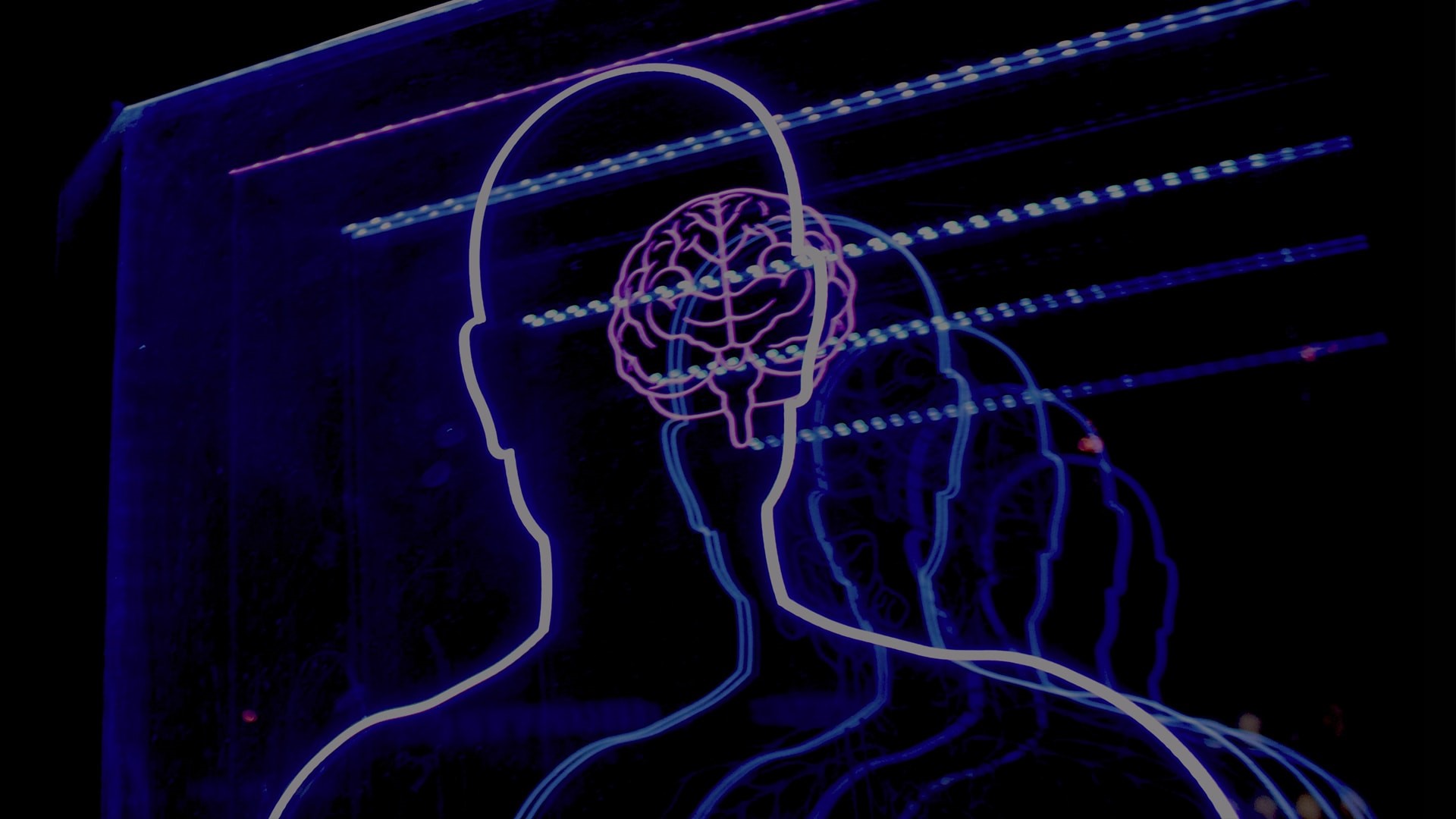 Neuro Science Speakers
Neuro Science Speakers
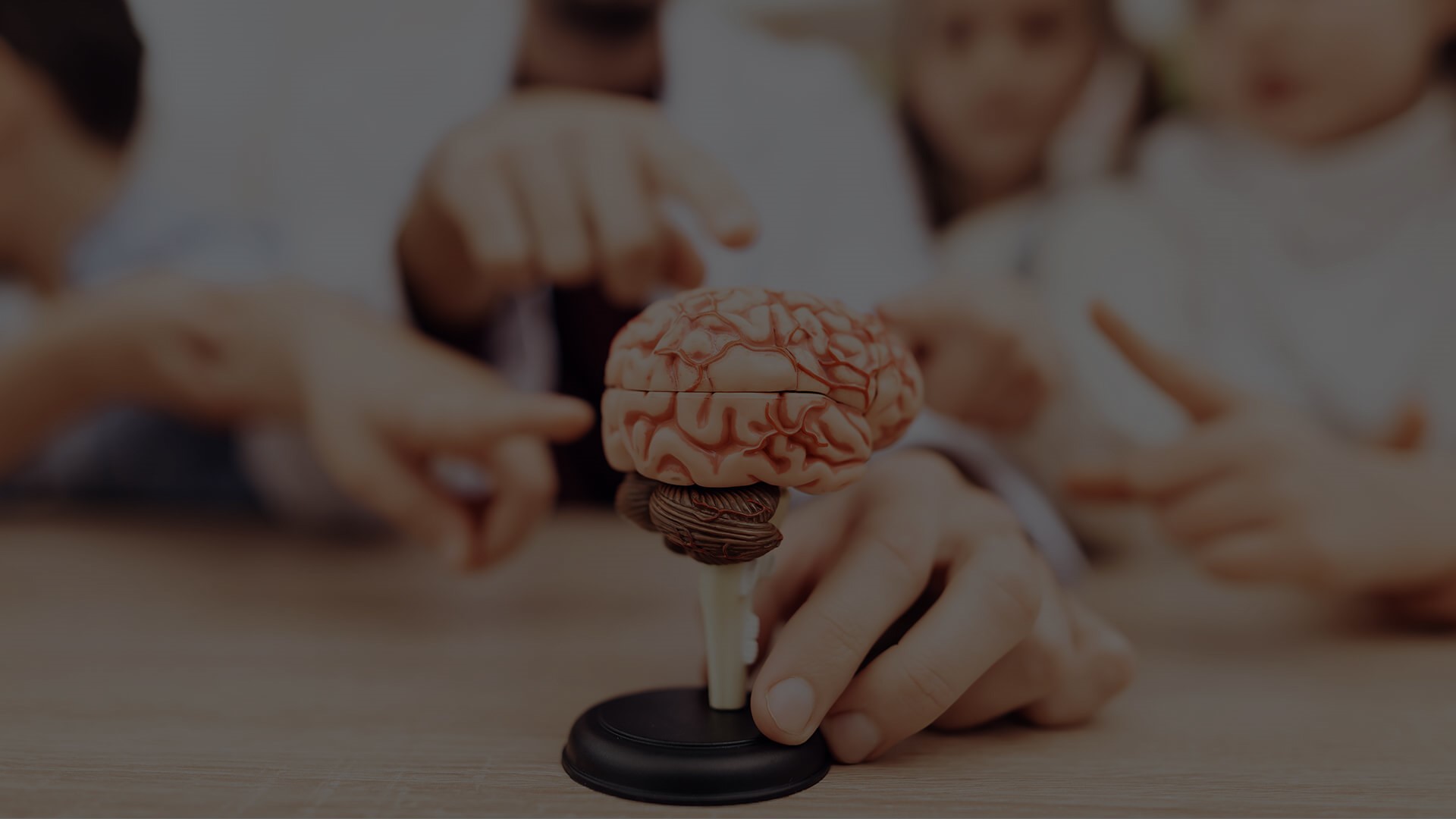 Resilience Speakers
Resilience Speakers
 Creativity Speakers
Creativity Speakers
 Vision & Strategy Speakers
Vision & Strategy Speakers
 Virtual Keynotes
Virtual Keynotes
 Mental Health Speakers
Mental Health Speakers
 Leadership Speakers
Leadership Speakers
 Inspiring Speakers
Inspiring Speakers
 Future of Humanity Speakers
Future of Humanity Speakers
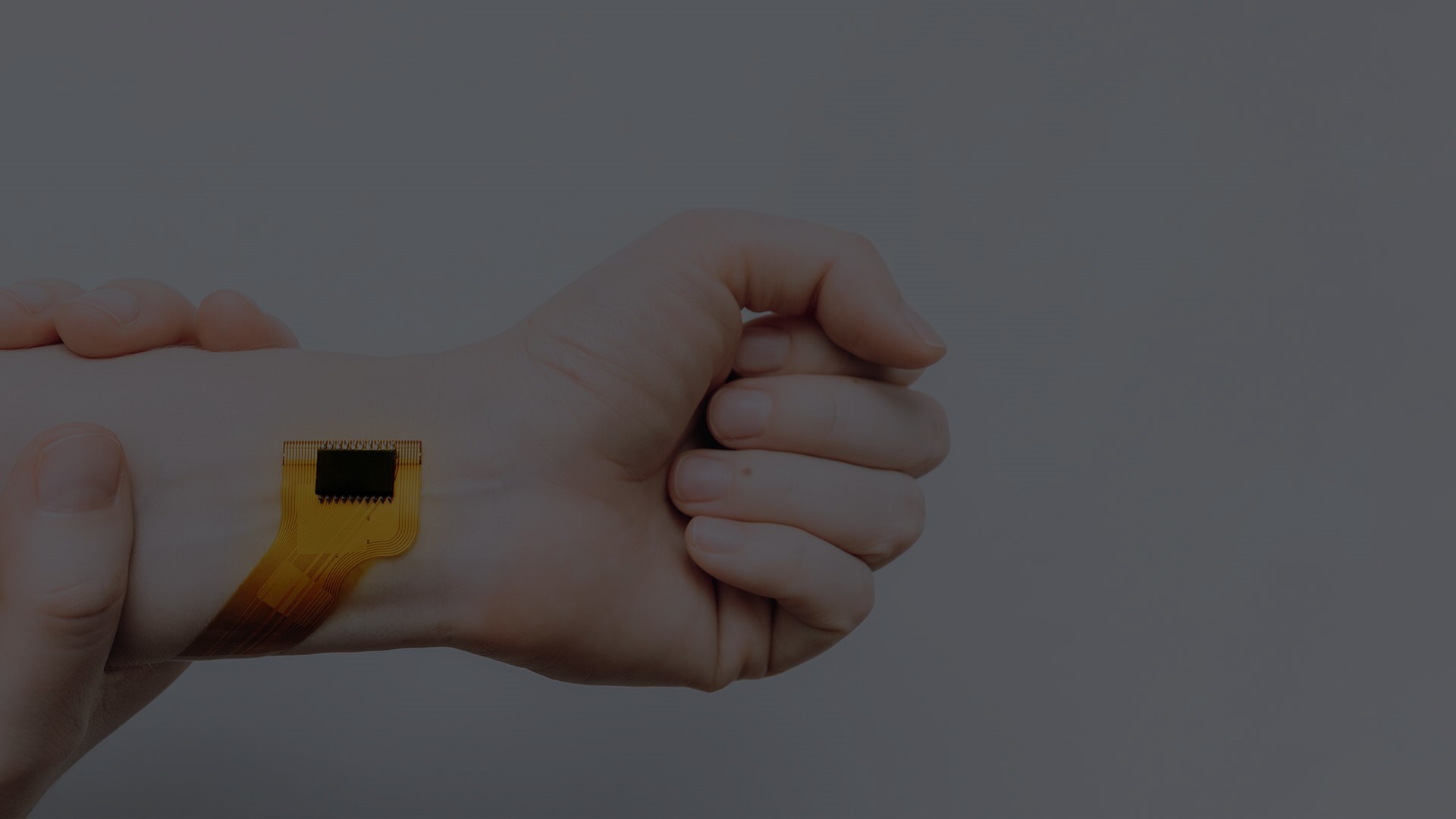 Change Management Speakers
Change Management Speakers
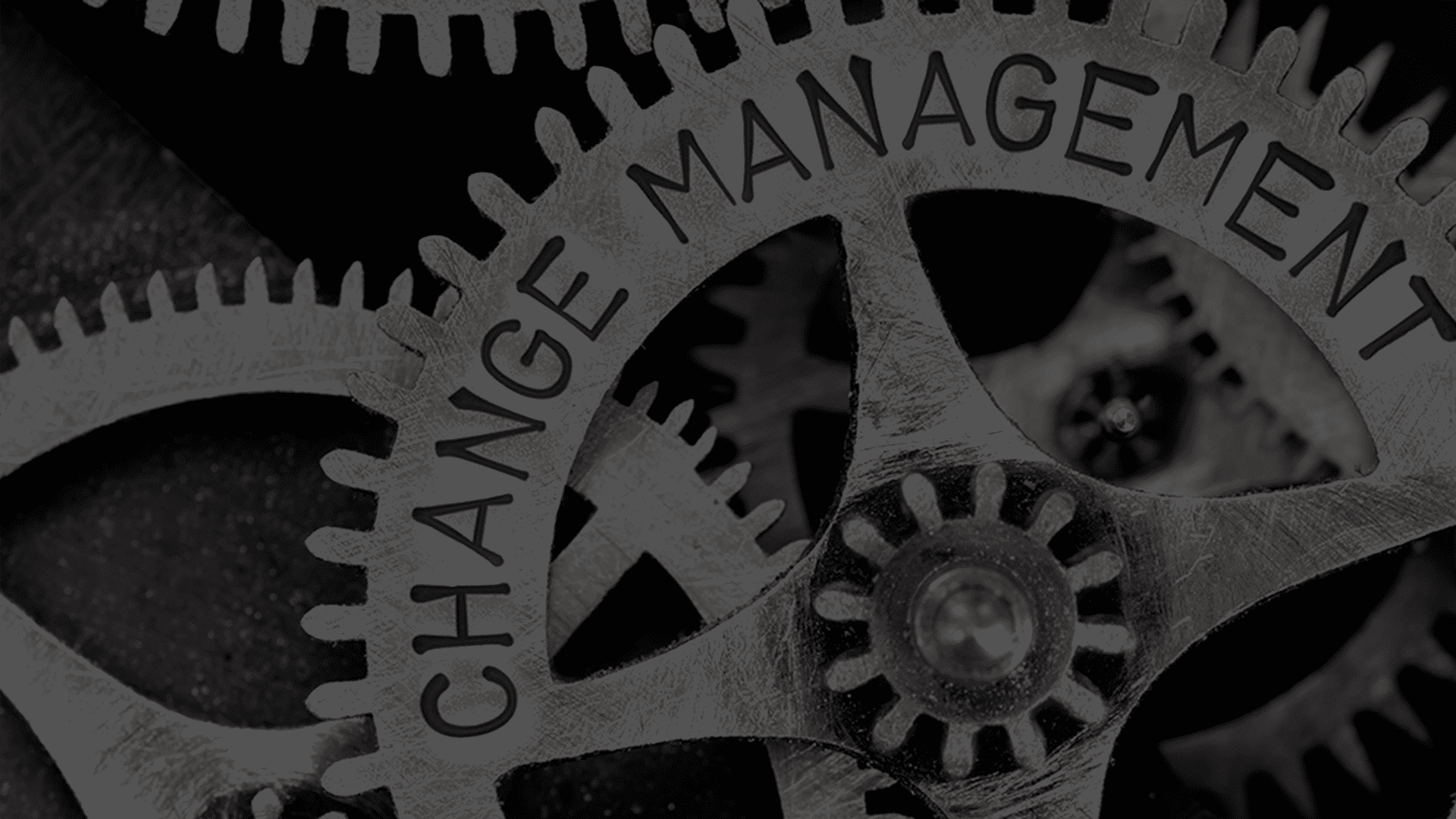 Disruptive Innovation Speakers
Disruptive Innovation Speakers
 After Dinner Speakers
After Dinner Speakers
 Business Speakers
Business Speakers
 Health Speakers
Health Speakers
 Workplace Culture Speakers
Workplace Culture Speakers

Neuroscience of human decisions
Learning and transformation
Armed group operation and leadership
Neuroscience and creativity:
Collective Intelligence
The Brain Frontier and the Future of Human Communication
The Power of Words

Mariano Sigman is one of the most outstanding neuroscientists in the world, with over 150 publications in the most prestigious scientific journals. He is also passionate about experimentation and has worked with magicians, chess masters, musicians, athletes and visual artists to bring his knowledge of neuroscience to different aspects of human culture and apply it in different contexts. He has participated twice (2016 and 2017) in the TED global events in Vancouver, the second with Dan Ariely. In his conferences, he teaches how the mind works and what lessons we can learn about decision making, leadership, team management, personal development or creative skills, his presentations always with a high level of participation from the audience through experiments and games.
He obtained his degree in Physics from the University of Buenos Aires, PhD in Neuroscience (PhD) in New York and did a post-Doctorate in Cognitive Sciences at the College de France (Paris). In 2016, he was awarded the Pio XI Medal, from the Pontifical Academy of Science, one of the most outstanding prizes of science (shared among others with Stephen Hawking, and several Nobel prize winners).
Beyond academy, Mariano Sigman's research has had practical implications in Medicine (for example in the diagnosis of vegetative or autistic patients), in Education (with effective interventions to improve decision-making and learning in schools throughout Latin America) and in Art (in a project "The morphology of the look" that has been exhibited in New York, Austria, Moscow, Mexico, Japan... and was presented in 2017 at the Venice Biennale). He has also developed an extensive career in the proliferation of science that includes TV programmes and hundreds of articles published in different editorial media. He is also the author of the bestseller "The Secret Life of the Mind".
KEYNOTE DESCRIPTIONS
Neuroscience of human decisions
At all levels of life, we make decisions that define us as individuals or as societies. Yet we rarely reflect on the process by which we make these decisions. Science has taught us that this path is full of idiosyncrasies, biases, errors, or distortions.
Learning and transformation
Science has taught us that, contrary to what intuition sometimes suggests, the brain does not stop changing and therefore we do not lose the ability to learn and transform ourselves.
In fact, almost all of us feel that it is more difficult for an adult to change. But today we know that this is largely an illusion, and that in the right circumstances an adult has an extraordinary capacity to learn.
In this conference we will understand why we generally perceive that as adults we have atrophied the capacity to learn and transform ourselves and how to reverse this from both an individual and corporate perspective.
Armed group operation and leadership Leadership is one of the clearest examples where the social and the biological mix. We see it in all species, we see how it depends on hormones and other elements of physiology. And, of course, it depends on social, cultural, environmental factors. Leadership is also an extraordinary example of diversity. There is not one way to be a leader, there are many. But within this diversity there are regularities, common mechanisms in the gestural, the verbal, the prosodic, the corporal that are in the essence of human communication.
Neuroscience and creativity:
Creativity is to this day one of the most mysterious human virtues. It seems an elusive place for deliberate method, difficult to discover when and why it expresses itself most effectively or how it is taught or developed. It is even often difficult to define it. The aim of this talk is, from a constructive but at the same time critical and skeptical place, to understand.
Collective intelligence
In general, in complex problems, knowledge is distributed. In a group, each person has a partial knowledge. The question that motivates this talk is what is the best way to aggregate and take advantage of this knowledge: listen to all the voices, listen to the expert, discuss, debate? We will see in this talk from wisdom to the madness of the masses, problems where it is convenient to discuss and debate opinions and others where it is convenient to rely only on one voice. From simple mathematical principles that explain and demonstrate how to decide to understand the biases of how our decisions work and our way of sharing information to understand how to add the collective knowledge for a group or corporation to make the best decisions.
The Brain Frontier and the Future of Human Communication
In these years we are discovering how to decipher the code of the human brain, as was done in previous decades with genes. We can begin to read and write in the human brain, and this presents us with unprecedented technological and ethical prospects.
The power of words
Our minds are much more malleable than we think. Surprising as it may seem, we retain throughout our lives the same capacity to learn that we had when we were children. What we do lose over time is the motivation to learn, and so we build up beliefs about what we cannot be: the one who is convinced that math is not her thing, the one who feels she was not born for music, one who believes she cannot handle her anger, and another who cannot overcome fear. Demolishing these judgments is the starting point for improving anything, at any point in life.
The same dynamic is replicated in the corporate world. A company or a team is built on narratives about what they can and cannot be. Impossible products or markets. Competitors in other leagues and unbeatable. Work habits that seem impossible to change. Science shows us conclusively that each of these things, both in the realm of life and the corporate world, is much simpler to change than we suppose.
This is what this talk is about, identifying those barriers that we impose on ourselves, how to break them down, and how to get to places that might seem completely unthinkable, based on the concepts developed in the best-seller "The Power of Words" published in 2022.
Call us on +44 (0) 20 3393 1061 or email us at info@speakeragency.co.uk

